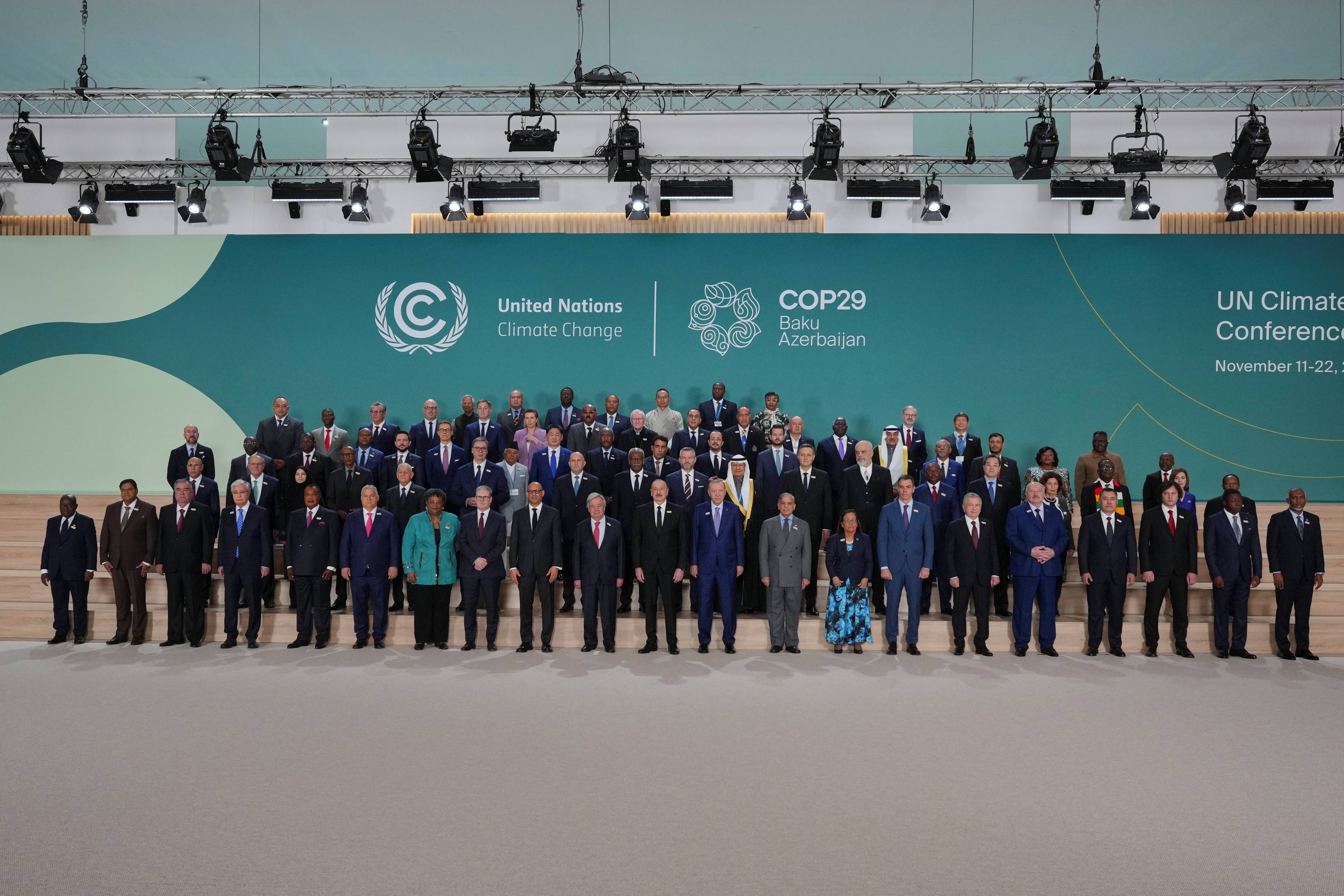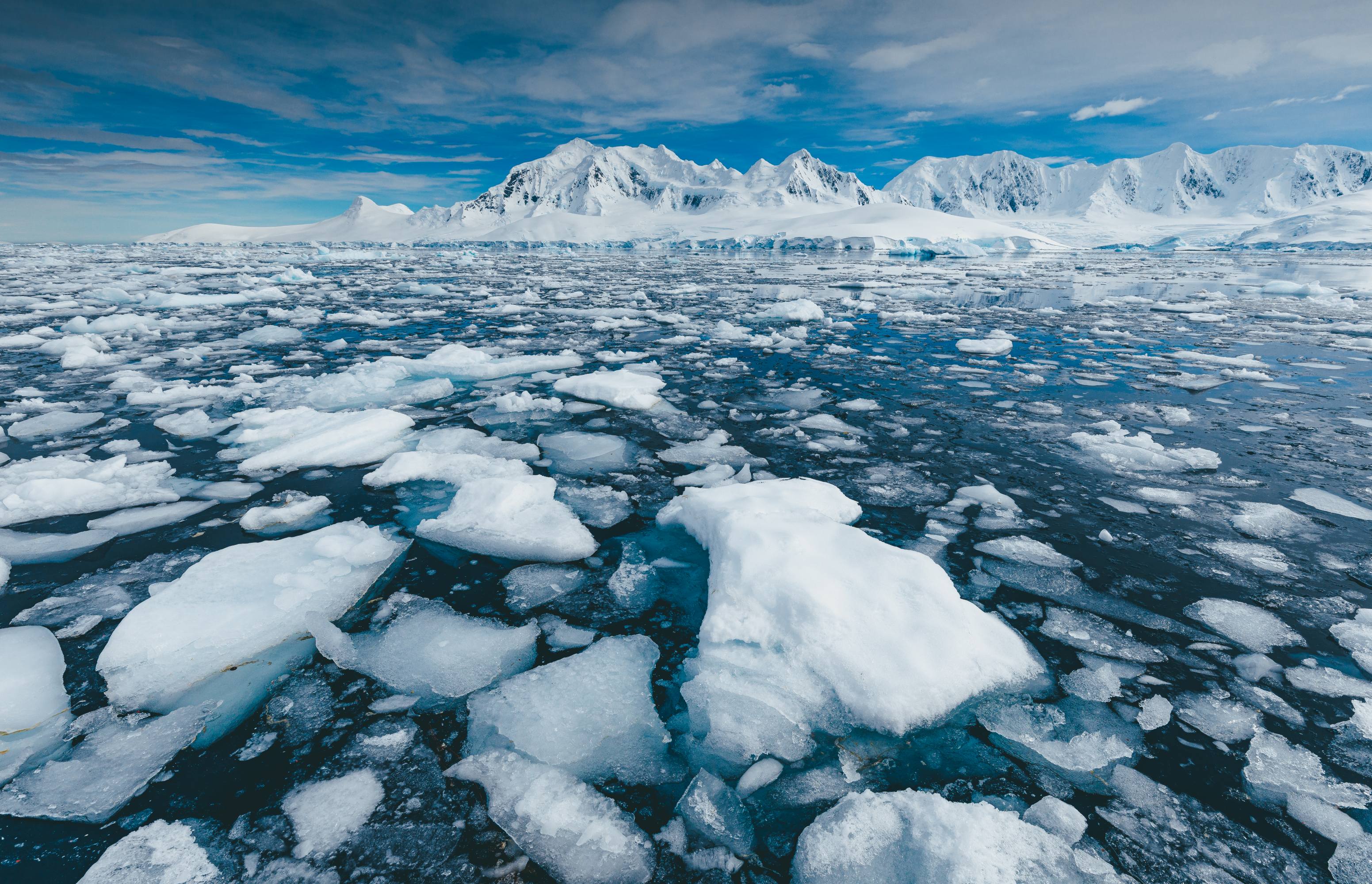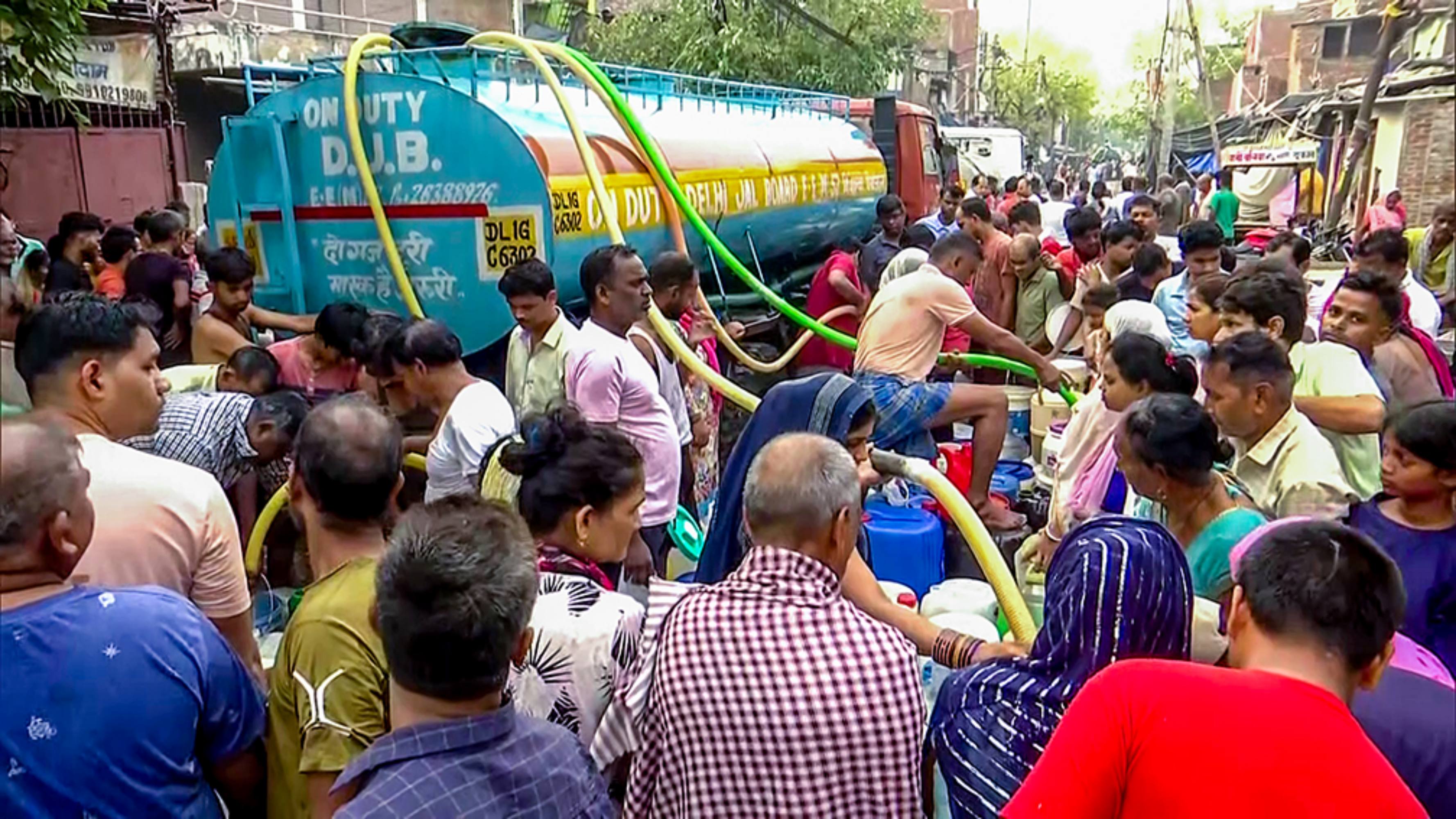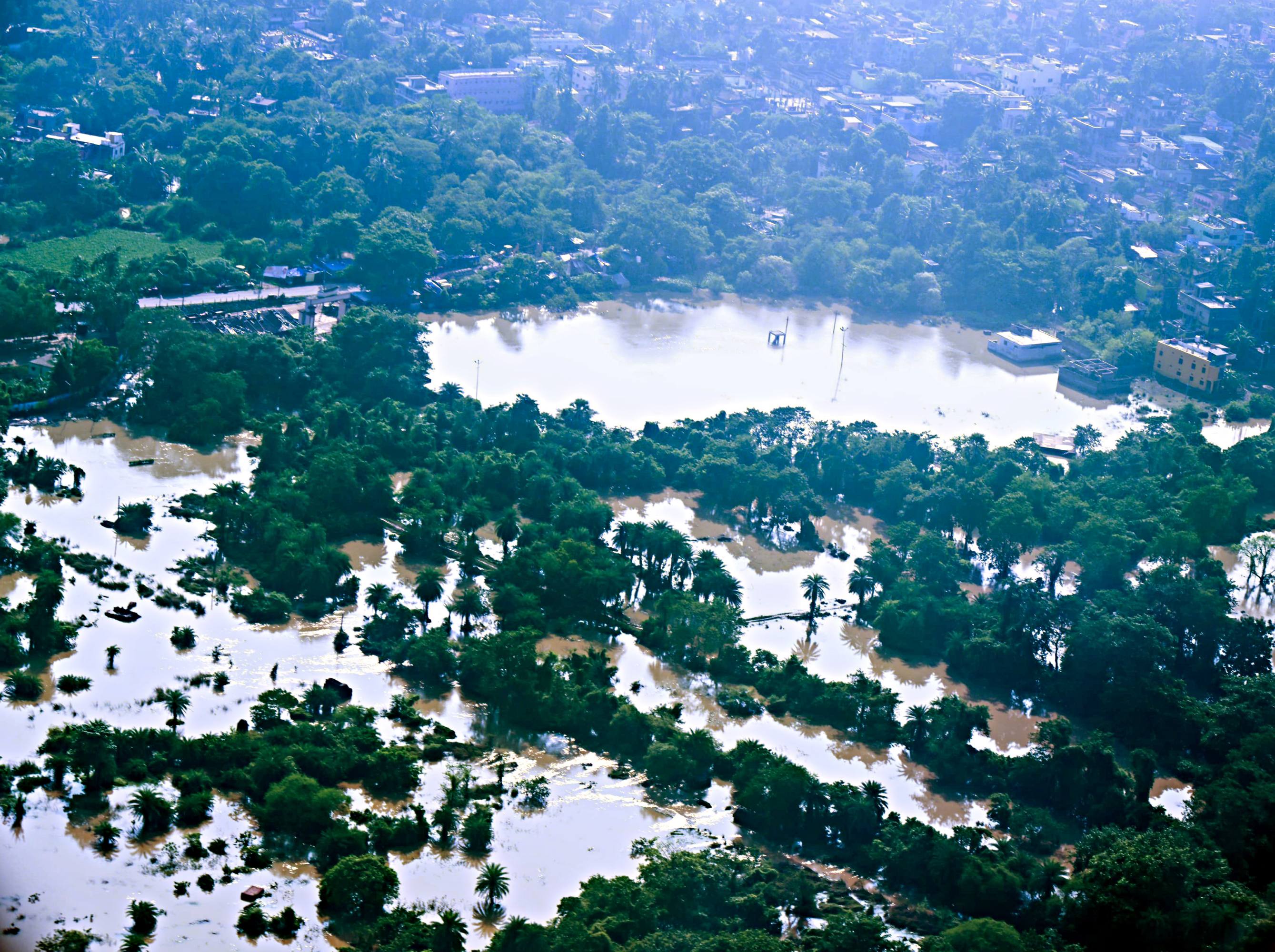Baku/Hyderabad: As 2024 unfolds, it is set to become the hottest year ever recorded, surpassing previous temperature records. This alarming trend was highlighted in the World Meteorological Organisation latest report, released on the opening day of the UN Climate Change Conference (COP29) in Azerbaijan.
According to the WMO, global temperatures from January to September reached a worrying 1.54 degrees Celsius above pre-industrial levels, marking a critical threshold in the ongoing climate crisis. This rise was primarily driven by a potent 'El Nino' event and escalating levels of greenhouse gas emissions, underscoring the urgent need for coordinated global action to combat climate change.

The report titled 'State of the Climate 2024' underscored the escalating risks of global warming, with a particular focus on its devastating impact on vulnerable communities. UN Secretary-General Antonio Guterres warned that "Climate Catastrophe is hammering health, widening inequalities, harming sustainable development, and rocking the foundations of peace." He stressed the urgent need for action to safeguard those most affected by these changes.
WMO Secretary-General Celeste Saulo advocated the critically important climate adaptation measures. According to Saulo, initiatives like Early Warnings for All (EW4All) aimed at protecting communities from extreme weather events and help build resilience against climate impact.

Key findings from the WMO's State of the Climate 2024 Report
- Record-Breaking Global Temperatures
The WMO State of the Climate 2024 report said the first nine months of 2024 have already surpassed global temperature levels seen in 2023, the current record-holder for the warmest year. The warming was most pronounced during the months of June through September 2024, with the global mean temperature consistently exceeding historical averages by significant margins.

The spike in temperatures was attributed to the ongoing 'El Nino' phenomenon, which has enhanced warming patterns across the globe. The report also noted that a brief exceedance of 1.5 degrees Celsius over a short period does not signal failure of the Paris Agreement goals, which focus on long-term warming trends.
- Greenhouse Gas Concentrations Soar
One of the most concerning trends highlighted in the report is the continuous rise in greenhouse gas concentrations. In 2023, the concentration of Carbon Dioxide reached a record 420 ppm, marking a 51 per cent increase from pre-industrial levels. This dramatic rise in greenhouse gases trapped excess heat in the Earth's atmosphere, exacerbating global warming, it said. This increase has continued into 2024, further fuelling the global temperature rise.
- Ocean Heat Content at Record High
The oceans have been absorbing more than 90 per cent of the excess heat generated by global warming. The WMO reported that the ocean heat content reached its highest level on record in 2023, a trend that continued into 2024. The warming of the oceans will have significant long-term implications, especially for marine life, coastal communities, and the broader climate system. Ocean temperatures will directly influence extreme weather patterns, including tropical cyclones and storm surges, which are becoming more frequent and severe due to rising ocean heat.

- Accelerating Sea-Level Rise
Rising temperatures continue to melt glaciers and resulting in thermal expansion of seawater. This had accelerated sea-level rise. Between 2014-2023, the global mean sea level rose at an alarming rate of 4.77 mm per year-more twice the rate observed in the 1990s. This trend is expected to continue, putting coastal regions worldwide at increasing risk of flooding, erosion, and storm damage.
- Glacier Loss and Melting Ice Sheets
The world’s glaciers are melting at unprecedented rates. In 2023, glaciers lost a record 1.2 meters of water equivalent to ice, a loss exacerbated by extreme heat events in North America and Europe. The WMO noted that glaciers in regions like Switzerland have lost nearly 10 per cent of their remaining volume in just two years. The rapid retreat of glaciers poses a threat to water resources in mountainous regions and contributes further to sea-level rise.

- Extreme Weather Events on the Rise
The WMO also reported a surge in extreme weather events globally, including deadly heatwaves, severe flooding, intensifying tropical cyclones, and persistent droughts. These events have caused widespread economic losses, worsened food insecurity, and triggered forced migration in several parts of the world.
For instance, countries in sub-Saharan Africa and South Asia have seen rising incidents of drought, while regions like the Mediterranean and South Asia have faced record heatwaves.
- 'What It Means For India?'
India, a country highly vulnerable to climate change, faces an escalating threat from the global warming trends as outlined by the WMO report. "India is already experiencing the impacts of extreme weather events including heatwaves, floods, cyclones, and droughts, which are expected to intensify with the continued rise in global temperatures," the report said.

- Heatwaves and Water Stress
India has seen record-breaking heatwaves in recent years, with regions like Rajasthan, Madhya Pradesh, and Uttar Pradesh experiencing some of the hottest temperatures ever recorded in 2023 and 2024.
These extreme heat events not only threaten public health but also reduce agricultural productivity, especially in the agricultural belt of northern and central India. Additionally, the increasing frequency and severity of droughts in key regions further increase water stress.
- Flood and Cyclones
On the opposite end of the spectrum, India has also faced severe flooding caused by monsoon rains, intensified by the effects of 'El Nino'. Coastal regions are particularly vulnerable to tropical cyclones, which are expected to become more frequent and powerful.
India's Climate Response
India has been making significant strides in implementing climate adaptation measures, including early warning systems, renewable energy targets, and climate-resilient infrastructure. The country is aiming to achieve net-zero emissions by 2070 and has pledged to reduce its carbon intensity by 45 per cent by 2030 (compared to 2005 levels).
However, the pace of adaption needs to be accelerated, particularly in vulnerable sectors such as agriculture, water management, and disaster management, the report said.
India's participation in international climate negotiations, such as COP29, will be crucial in influencing global climate policy and securing financial support for climate finance, technology, and capacity-building to help tackle the escalating impacts of climate change.
Read More
- Infants, Older Adults In India Exposed To More Heatwave Days In Last Decade, Lancet Report Reveals
- Odisha Struggles With Post-Cyclone Flooding; Thousands Relocated, Power Restoration Hampered
- COP29: World Leaders Meet For Climate Talks, But Big Names Missing
- 'La Niña behind unusual showers in southern India'



